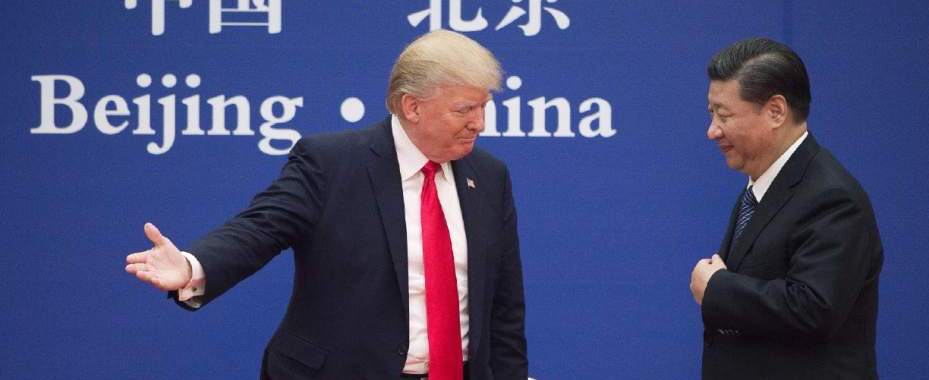In response to Beijing’s longstanding commercial espionage practices, President Donald Trump embarked on a series of tariffs against China earlier this year.
Op-ed by Michael Stumo, CEO of CPA, originally appeared in LifeZette on November 20, 2018
Free-trade economists and media pundits offered dire warnings when the tariffs were announced.
But as recent data have made clear, the tariffs are working.
U.S. manufacturing employment has grown by 296,000 jobs over the past year, including 32,000 factory jobs added in October alone.
With the tariffs making progress, it would be unfortunate to see their impact blunted by potential loopholes. But that may be exactly what’s happening, thanks to a recent decision by Customs and Border Protection (CBP) to exempt many Chinese products from tariffs.
President Trump in June imposed Section 301 tariffs on a wide swath of goods from China in response to longstanding concerns regarding forced technology transfer, hacking, and intellectual property theft.
The tariffs took aim at several thousand products — mostly industrial goods and components like fiberboard, woven glass fiber, and electrical conduit tubing.
A number of household products also made the list, including silverware, luggage, and lamps.
Although China is feeling the pain from these measures, it has a long history of getting around U.S. trade laws.
Which brings us to CBP’s recent decision to allow goods on the 301 list to enter the U.S. duty-free if they are valued at $800 or less.
Ironically, China uses a similar program, though only for imported goods valued at $8 or less.
It’s a rather strange decision by CBP. The administration had imposed a tariff on thousands of products that fall within the Section 301 list. But CBP then decided that, as long as an importer brings in less than $800 worth of an item on a particular day, no duties will be collected.
It’s part of a program called Section 321, also known as “express entry.”
Customs has issued guidance on its website stating that “goods properly entered under Section 321 are not subject to Section 301 duties.”
However, there doesn’t appear to be any statutory or regulatory foundation for the decision, and it contradicts the administration’s goal of changing China’s behavior.
The new world of online shopping makes this loophole particularly significant. Every time an Amazon customer buys a suitcase worth $800 from a Beijing seller, for example, a $200 tariff should be paid. (Ten percent tariffs currently apply, but will rise to 25 percent in 2019.)
But the CBP formulation for “express entry” says the tariff is simply waived.
There are other means to exploit such a loophole. Alibaba, the biggest online commerce company in the world, could potentially build warehouses in Mexico and fill them with cargo containers full of items subject to 301 tariffs.
But by separating the overall shipments into individual pieces — each worth less than $800 — and then routing them on to the United States, Alibaba could avoid all tariffs.
Importers are also trying to make the “express entry” loophole bigger. There are more than 200 “Foreign Trade Zones” within the US that act as ports of entry for repackaging and trans-shipment of many goods.
Currently, the “express entry” tariff-free program does not apply to these FTZ’s.
Lobbyists representing importers are hoping to change that, and bring large amounts of Chinese cargo into FTZ warehouses — and then distribute the goods in the US without paying tariffs.
It’s unclear why CBP decided to prioritize the “express entry” law over the administration’s tariffs under Section 301. But there’s little doubt that importers will use the CBP’s guidance to avoid paying tariffs.
Given the massive scope of goods imported from China, which totaled $505 billion last year, there’s certainly room for unscrupulous importers to “adjust” their customs declarations — whether it’s on the precise value of a product or the quantity contained in a shipment.
As the Trump administration continues to levy tariffs on imports from China, it should ensure that incoming goods are subjected to increased scrutiny.
China will not feel the full weight of the administration’s policy, however, unless Customs and Border Patrol reverses its decision to exempt many individual shipments from paying tariffs.













